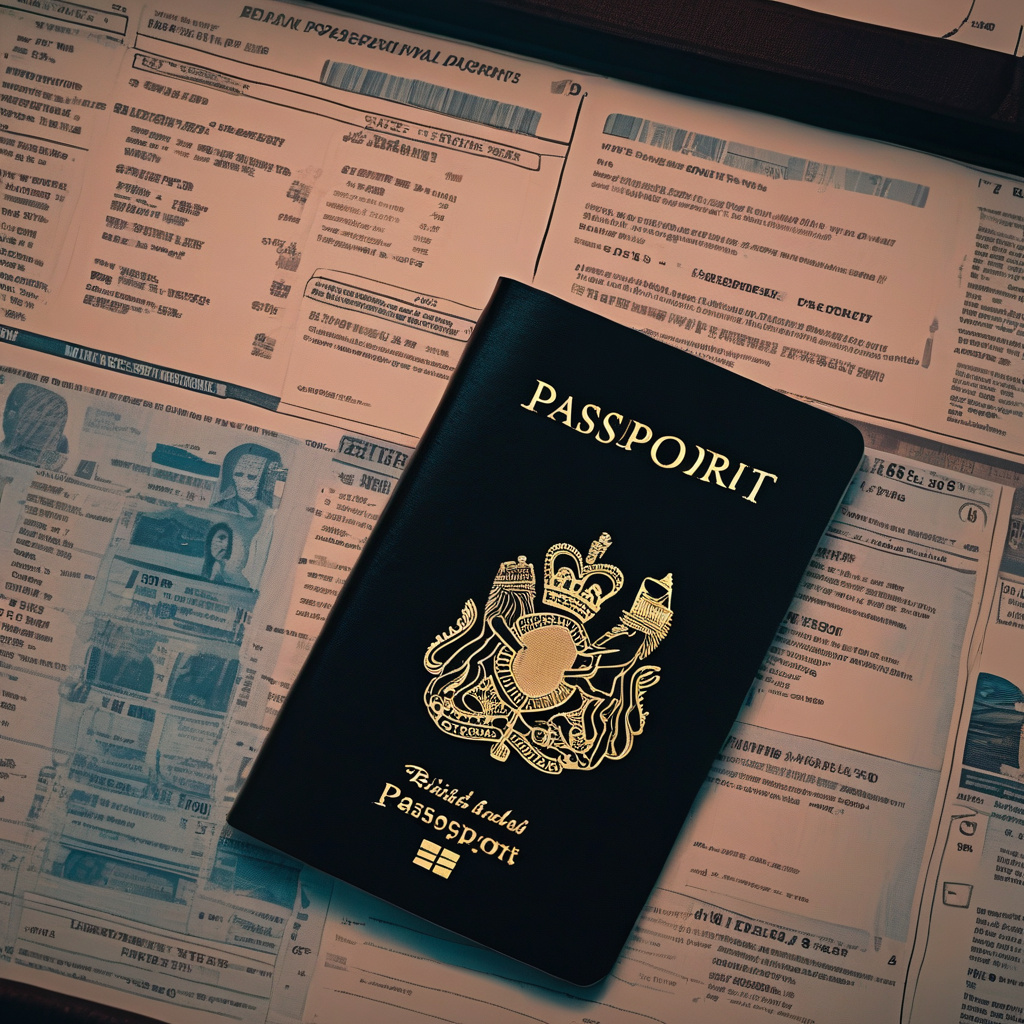In today’s interconnected world, where convenience often comes hand in hand with digital transactions, a new dark web threat looms over British travellers. Cybercriminals have taken to selling intricate details of vacations, from passport scans to hotel bookings and even discarded boarding passes, for as little as £8. This alarming trend poses a significant risk to the privacy and security of individuals who unknowingly expose themselves to identity theft and fraud.
Imagine booking a relaxing holiday only to find out that every piece of information you provided is now up for grabs on the dark web. Passport scans, a gateway to personal identification, are being traded like mere commodities, potentially leading to severe consequences such as identity theft or unauthorized access to sensitive data. Hotel bookings, which contain dates of travel and accommodation preferences, can be exploited for various malicious purposes, including targeted scams or surveillance.
The ease with which cybercriminals access and sell this information highlights the pressing need for enhanced cybersecurity measures in the travel industry. While technology has undoubtedly revolutionized the way we plan and experience vacations, it has also created vulnerabilities that can be exploited by malicious actors. As travellers, it is crucial to be vigilant and proactive in safeguarding our personal data, whether online or offline.
One of the key concerns raised by this disturbing trend is the potential misuse of discarded boarding passes. Often overlooked as insignificant scraps of paper, these passes can contain valuable details such as passenger names, flight itineraries, and frequent flyer numbers. In the wrong hands, this information can be leveraged for identity fraud, social engineering attacks, or even physical security breaches.
To mitigate the risks associated with the sale of travel-related information on the dark web, both travellers and travel companies must adopt a security-first mindset. From secure booking platforms to encrypted communication channels, every step in the travel planning process should prioritize the protection of personal data. Additionally, travellers should exercise caution when sharing sensitive information, especially in public or online settings where it can be easily intercepted.
As the digital landscape continues to evolve, so too must our approach to cybersecurity. The case of British travellers’ passports and bookings being sold on the dark web serves as a stark reminder of the importance of vigilance and proactive security measures in an increasingly interconnected world. By staying informed, practicing digital hygiene, and leveraging secure technologies, we can better protect ourselves against emerging threats and enjoy worry-free travels in the digital age.

